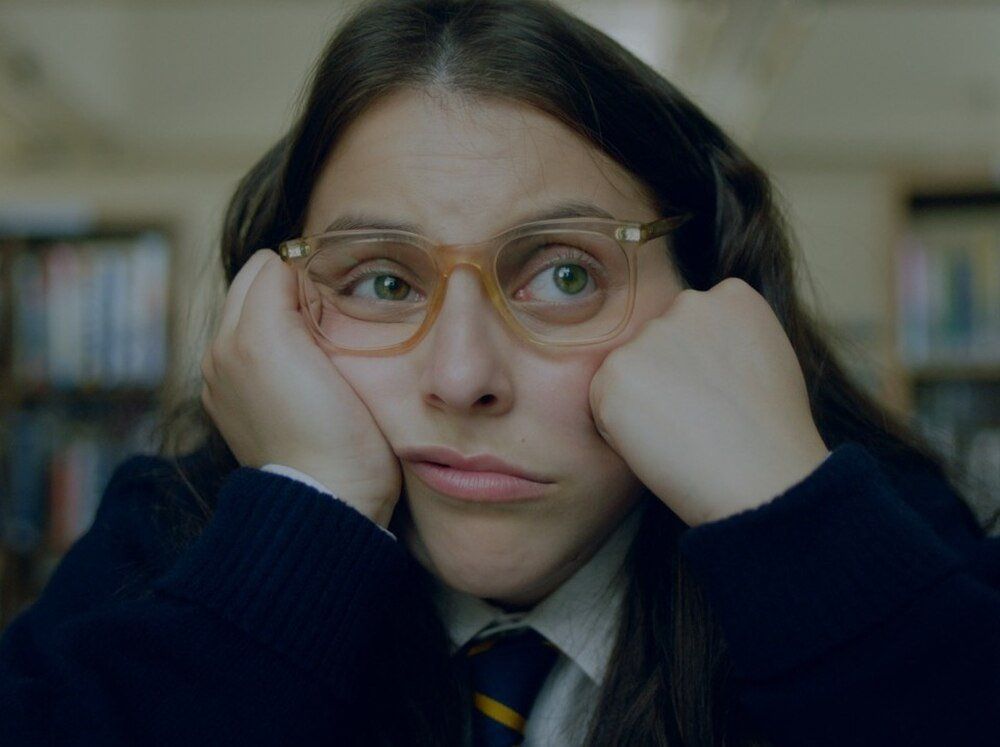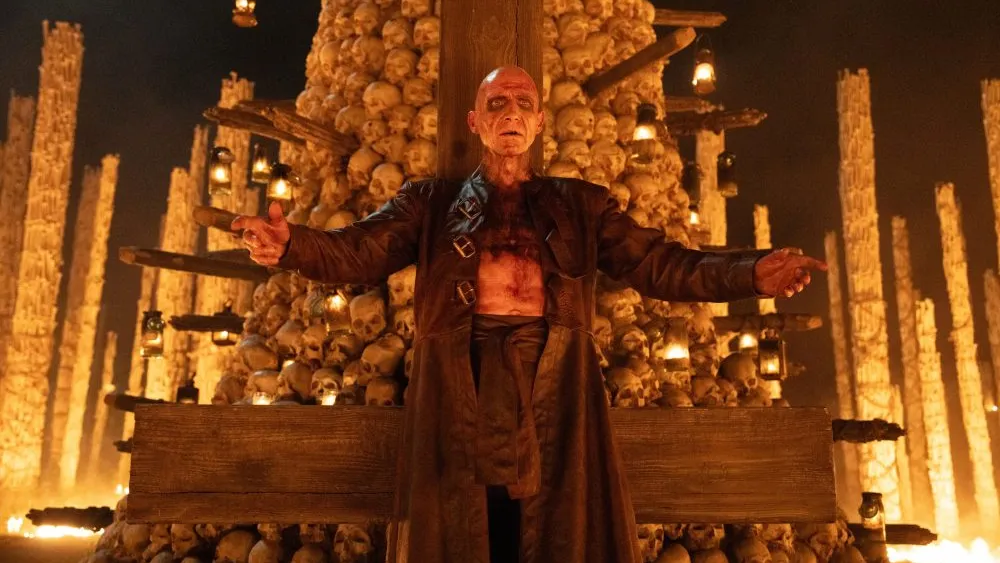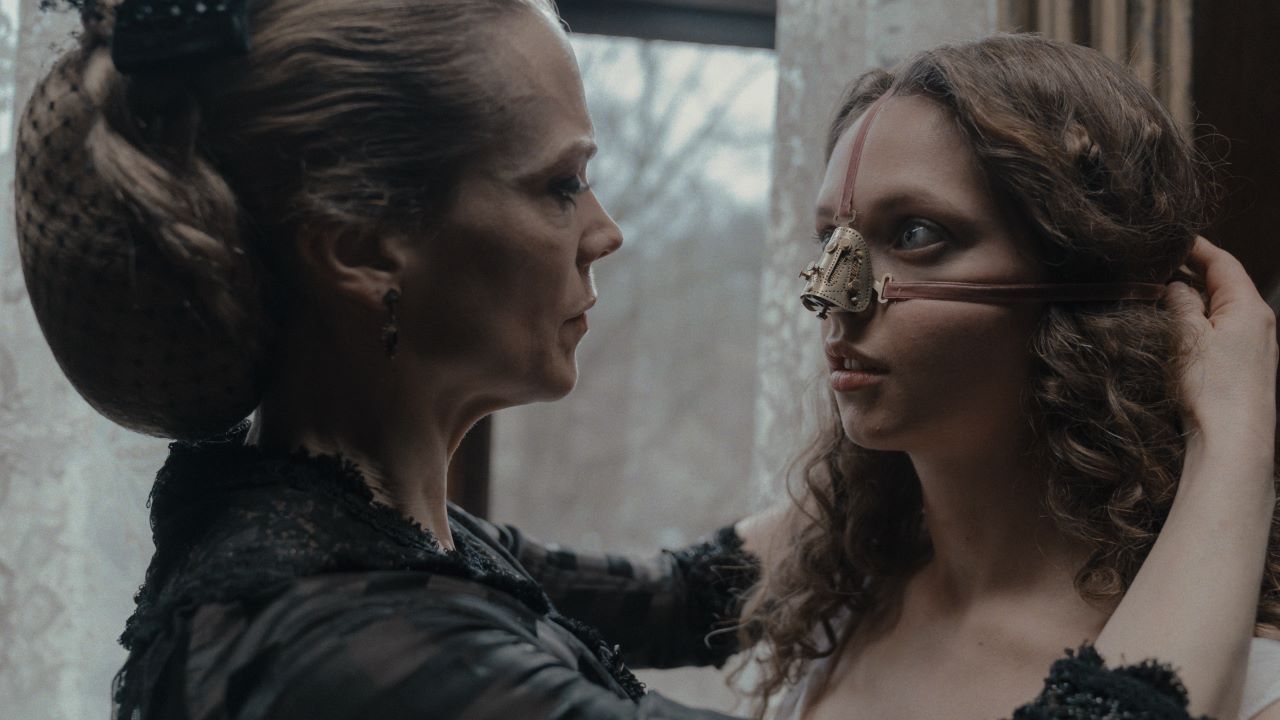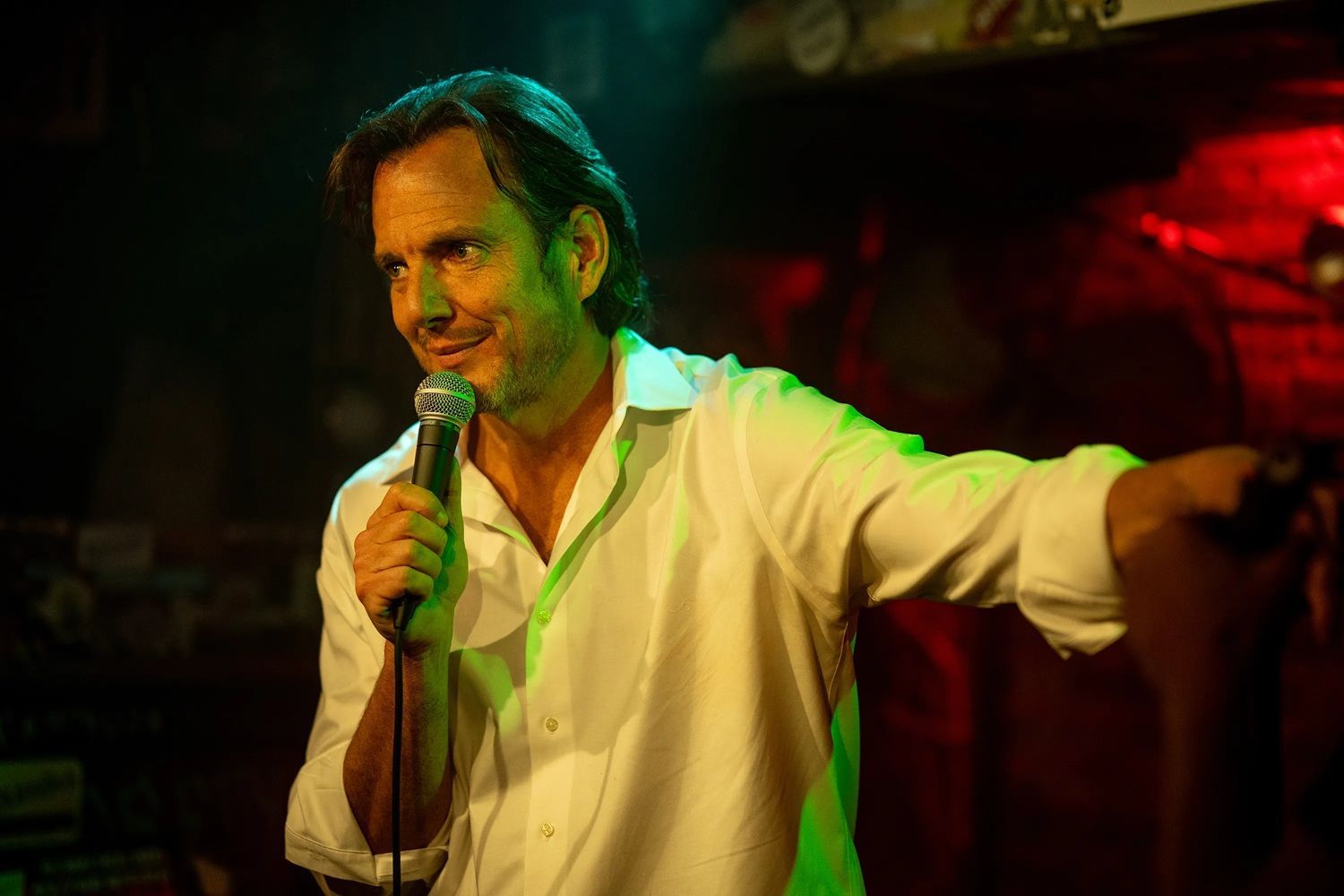A Day in the Life of music composer Kirby Spencer
A Day in the Life of music composer Kirby Spencer
Our fourth entry into our 'A Day in the Life" features follows Kirby Spencer. Leicestershire based Kirby is a music composer and has worked on local short films Thursday and Eve.
From mixing, sound design and composition, Kirby tells Midlands Movies about creating the perfect musical accompaniment to film projects made in the region.
07:30 - Up and at them as they say. The usual get up routine, with a little bit of breakfast possibly - but most importantly coffee.
08:30 - I turn on the most important piece of equipment I have, my computer. From here I produce all of my music and it needs plenty of time to warm up. I never start a day from scratch you see, as I am either loading up work from the previous day or far less frequently, I am loading up a template. This is a tip a few composers use in order to get over the shock of a blank page. The feeling of not knowing what to do to get yourself started. This way I always have something to look at, to point me forward. My template is simply a preset list of tracks/instruments that I use on a regular basis. For example that includes, Violins 1 and 2, viola, cellos, basses, trombones, various synths and sound fxs etc... my main template at the moment contains close to 100 tracks each ranging from a few MBs of memory all the way up to several GBs. Spread this across 100 tracks and my template can take anywhere between 10 mins and 15 mins to load for any given project. So while thats happening...
08:30 - 09:00 - Business hat on. As a freelance composer, you take on the role of a head of department (HoD) for yourself, but also everything else that needs to be done in order to run a successful business. Answering and making Email enquiries, updating social media accounts, marketing, market research, reviewing contracts, dealing with PRS etc etc. I can't get all of this done in half an hour, but I take a bit of time to wake up by reviewing a certain aspect of this side of being a Film Composer - most of the time its either answering Emails (There's a handy setting to send them out across the day) or doing a bit of market research in order to get the creative juices flowing.
09:00 - Time to review the previous days work. When we listen to music, especially the same piece of music over and over again - our ears and our mind can block out noise and frequencies that are disturbing or unwanted. Or simply an instrument might be slightly too loud or soft (most of the time its too loud..). We gradually get used to these imperfections over time as our ears adjust to them. I can get around this by listening to the previous days work with what we call 'fresh ears'. I've not been subject to the piece for several hours or even days previously, and this morning listen can highlight any problems that I may have missed through this phenomena. This can be a tip for any directors or producers out there too - you can usually tell if the music is right or wrong for the project within the first few plays. Its a bit of a balance however, you should give the music some time, but at the same time we can con ourselves into a certain piece if we dogmatically listen to it over and over looking for some profound revelation that makes it all okay. Listen, take some time away and come back to confirm - it works for me. Anything that comes up, I'll do my best to fix.
If I am starting with a new template that contains only the blank tracks that I use most frequently, then I skip to the next stage.
10:00 - Time to actually compose. If its a fresh scene or a fresh piece of music I will again try to remove the daunting aspect of having a blank slate by looking at the Film Composer's guiding light - Story. The music if decided to be present in a scene, must follow the story in some way. It must be highlighting (not adding!) something present in the scene. Through study I use an approach that was highlighted to me by Andy Hill (Walt disney Studios Music Producer) in his book, 'Scoring the Screen'. What is the point of view the music is highlighting? What is the energy level of the music? By that we mean does it work with or against the pace of the scene and the editing, and finally, does the music need to tell us something that the picture does not? Armed with these questions, and a brief from the film makers about what they would like to see (notes from a spotting session work absolute wonders), I can settle on a general direction for the music. From here its a matter of controlled experimentation, and at this point I cannot say how I might proceed as every case is different. But if I ever get stuck, its time to go back to the guiding lights.
12:00 - Lunch and break. Its important not to fatigue your ears, eyes and mind. I might go for a walk after having something to eat or something like that.
13:00 - Back on it in the same manner as the morning. It can be a solitary job this.
15:00 - Mini break usually about halfway through the afternoon - at this point I might go back to doing some of the business side of things, in particular, looking for new projects and productions that I feel I might be able to benefit, and those that might benefit me. Or anything else that might need to be done adhoc.
16:00 Back into the nitty gritty of scoring to a scene. At this point, my ears are pretty fatigued, and the creative juices are going to be running low. This late in the day, I usually focus on the technical aspects of making the cues sound realistic rather than anything creative or experiemental. There are times where I might save the thing I am working on and move back to a previous piece, something fresh in order to again get out of getting too used to hearing the same thing over and over. I would not mix at this time of the day, it always ends up sounding off.
18:00 - Pack up, save - Relax. When it gets close to deadlines, I will work on into the night as late as I feel I can.
That is just an example of a 'Day in the life of a Film Composer' and I know that it can vary from composer to composer quite drastically, and even for each composer themselves. Some days will be spent more on production (Mixing, Sound design etc) than composition. Some days will be spent on simply upskilling - learning more about the craft of writing music to picture. Some days may be spent on the business side of things, travelling to networking events, meeting clients, attending spotting sessions etc. But this is the general outline I like to follow when creating music for a media project. "
